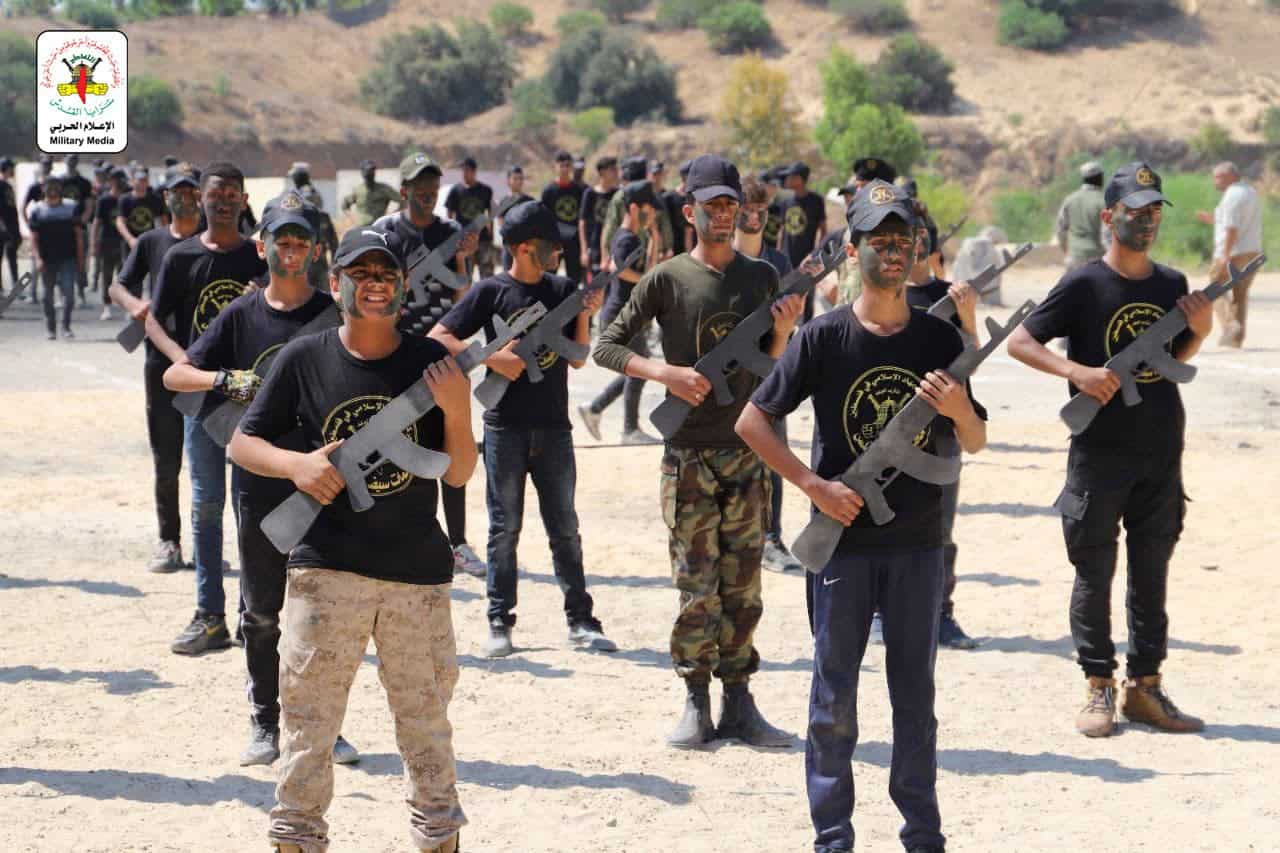
Islamic Jihad Begins Military Summer Camp for Palestinian Youth
On Monday, Islamic Jihad started a two-week summer camp for children and teens with the goal of promoting jihad against Israel.

On Monday, Islamic Jihad started a two-week summer camp for children and teens with the goal of promoting jihad against Israel.
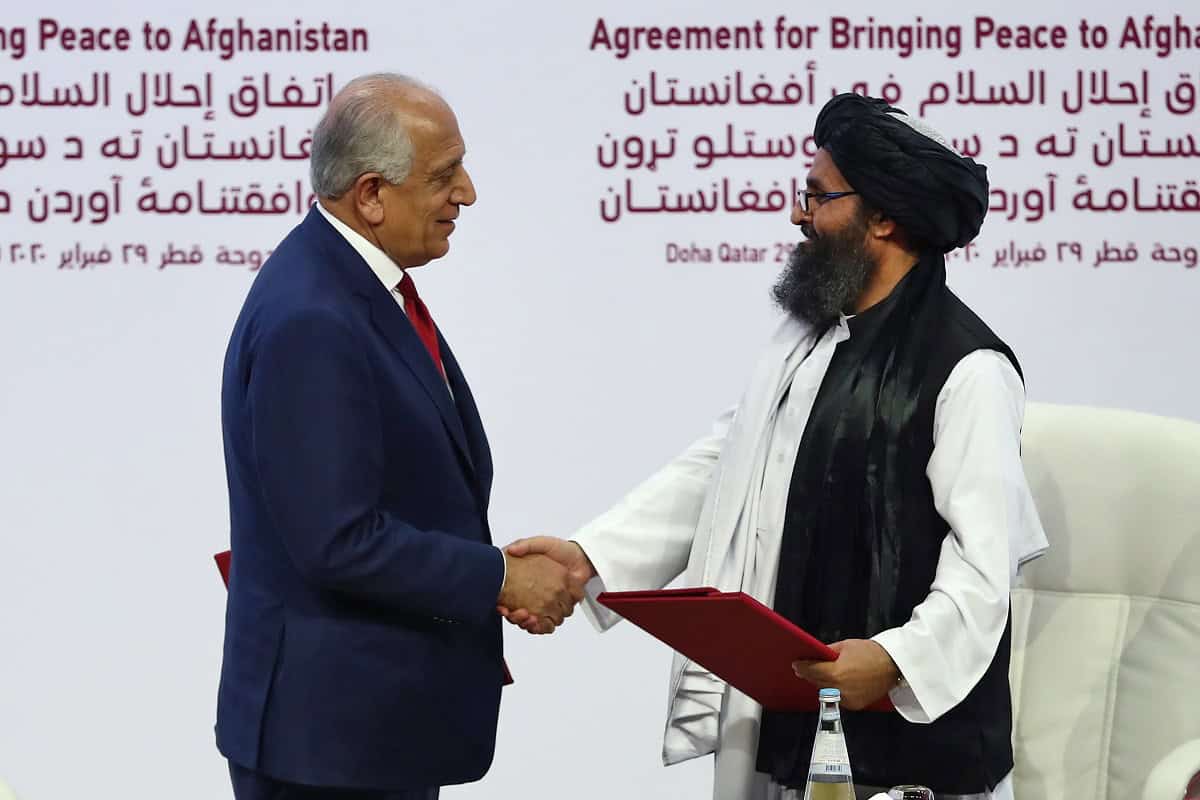
FDD’s Long War Journal responds to the former ambassador’s assertion that assessments of Afghanistan once again becoming a terrorist safe haven are false.
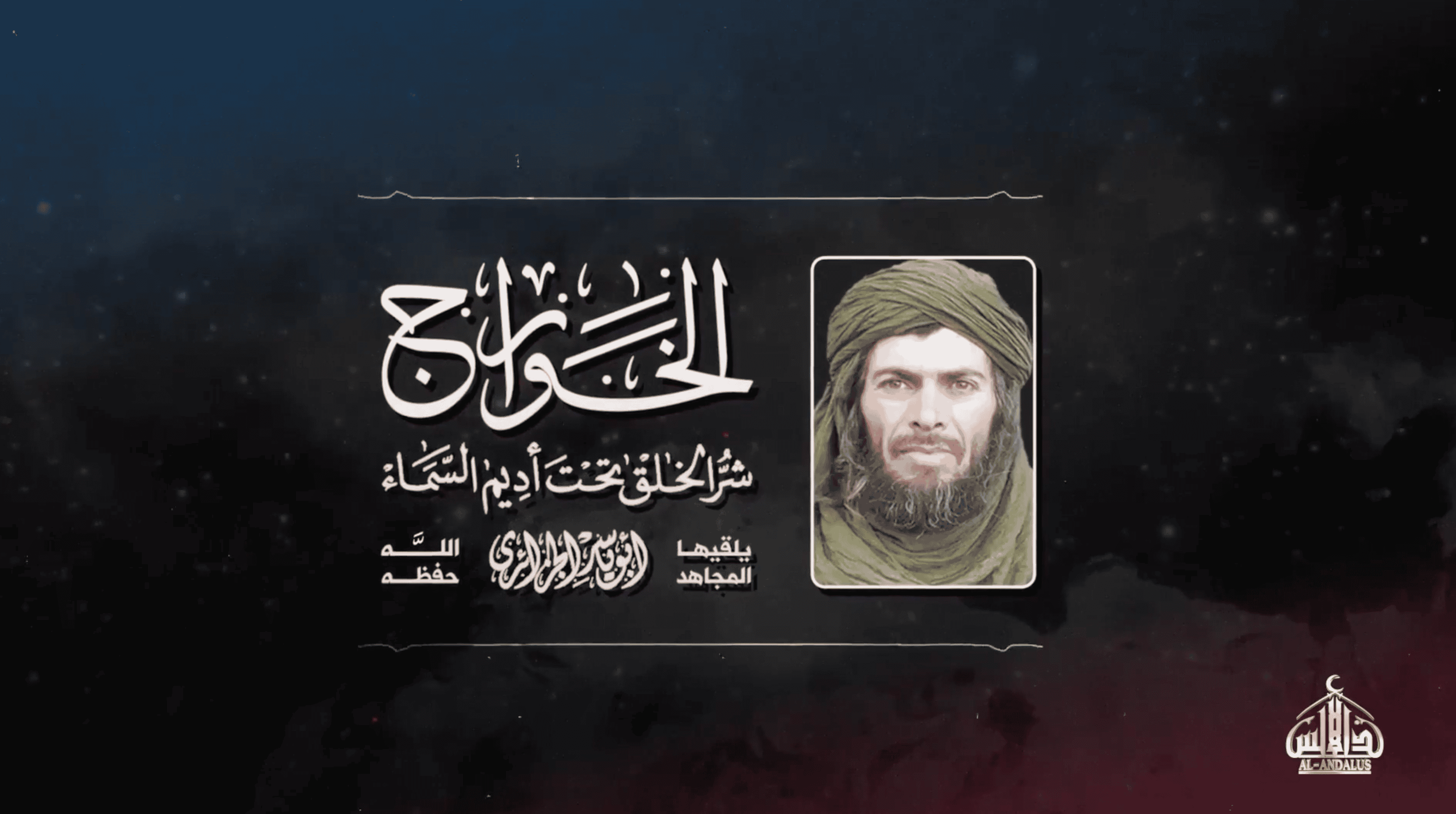
Abu Yasir al-Jaza’iri, an Algerian ideologue in al-Qaeda in the Islamic Maghreb, offers the group’s harshest rebuke of the Islamic State to date.
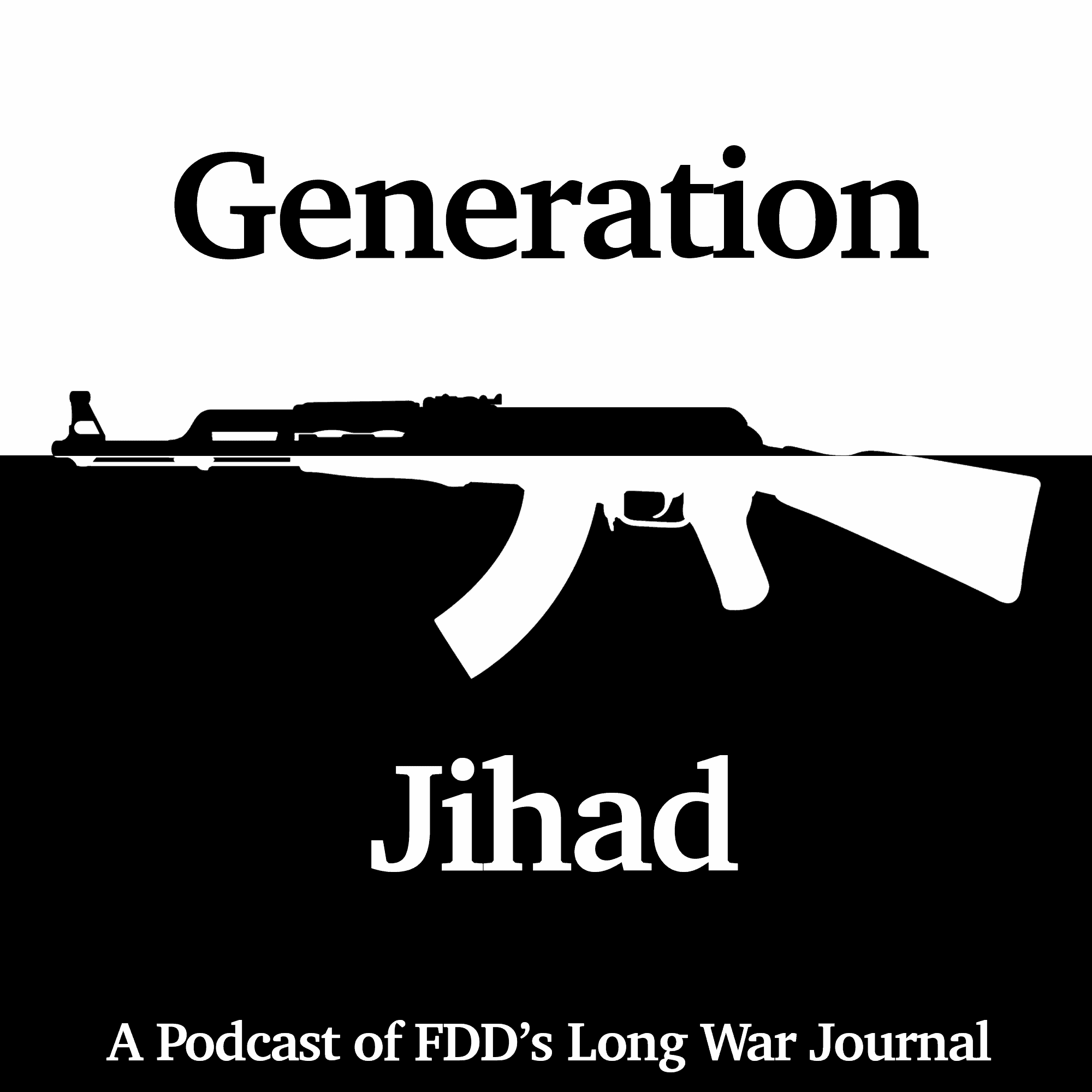
Host Bill Roggio and (now official) co-host Caleb Weiss are joined by former coordinator of the UN Security Council Analytical Support and Sanctions Monitoring team Edmund Fitton-Brown to discuss findings in the latest UN report on the Islamic State and al Qaeda.
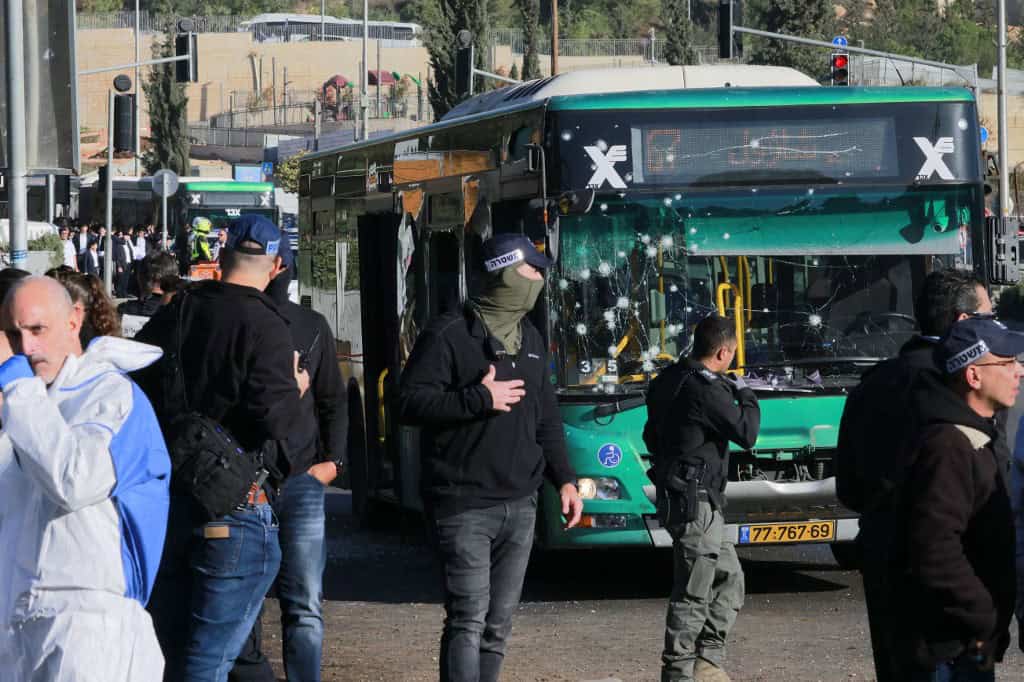
Israeli authorities announced the arrest of an Islamic State sympathizer involved in the November 23 Jerusalem bombings.
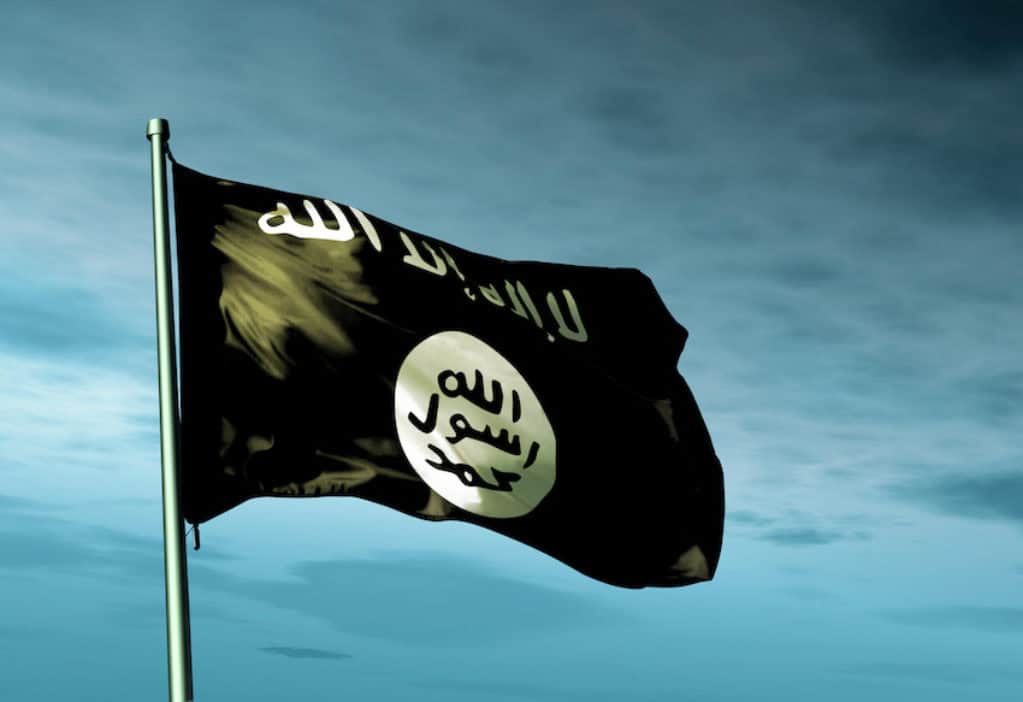
The U.S. military has targeted the Islamic State’s top tier leadership cadre with raids and strikes at least five times since the beginning of the summer of 2022.

The Islamic State announced the death of its emir, Abu al-Hassan al-Hashimi al-Quraishi, and has chosen a new leader, an individual identified only as Abu al-Hussein al-Husseini al-Quraishi.
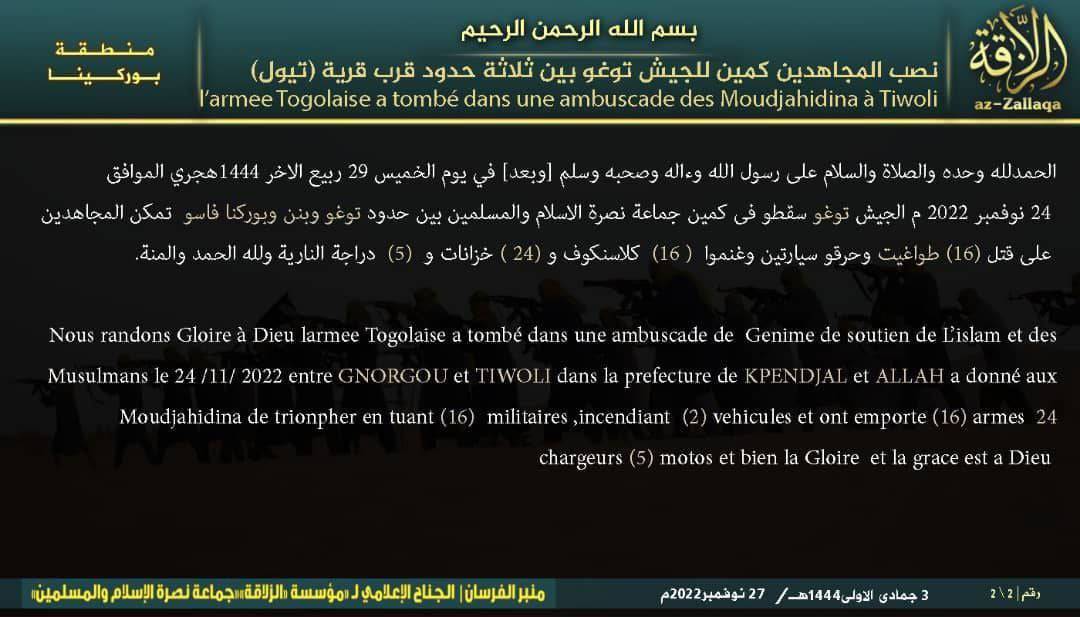
This is the third such JNIM claim of responsibility for an attack inside northern Togo.

Bill is joined again by Edmund Fitton-Brown and Caleb Weiss to take a look at the current global footprint of the Islamic State.

You guessed it. Our guest is, indeed, Caleb Weiss. This time, he and Bill discuss how (and which) prison breaks fit into the larger strategy of various Jihadi groups — and why some don’t bother.
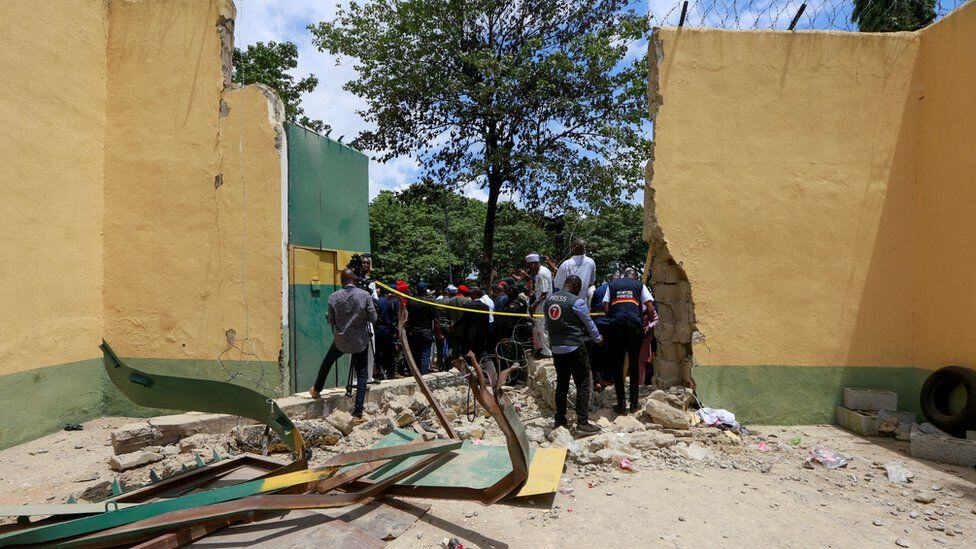
Hundreds of prisoners, including an unclear number of jihadists, remain free following a massive jailbreak just outside the Nigerian capital of Abuja earlier this week. The Islamic State has said its men were behind the raid.
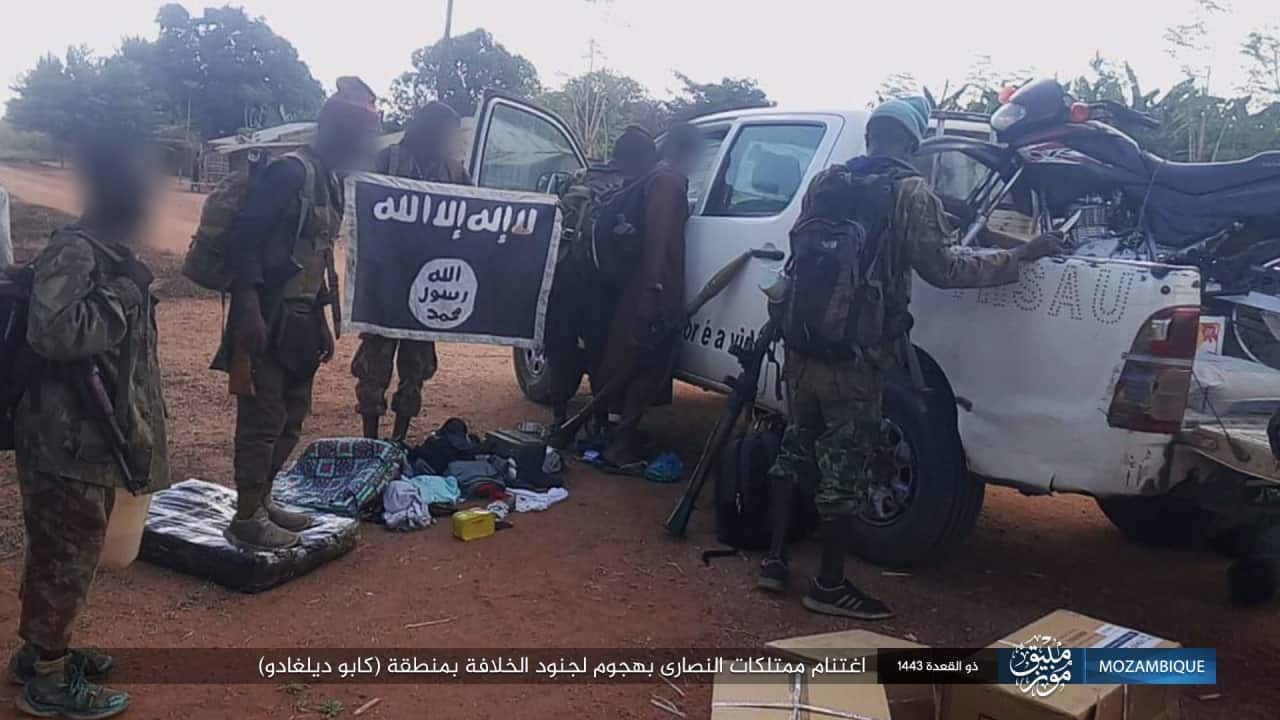
Islamic State in Mozambique has expanded its operations to new theaters despite major successes by foreign troops bolstering Mozambican security forces, raising fears of a new stage in Mozambique’s nearly five year old jihadist insurgency.

Bill Roggio is joined by Edmund Fitton-Brown, Coordinator of the United Nations Security Council Analytical Support and Sanctions Monitoring Team, to discuss the findings from his team’s latest report on the statuses of ISIS and al-Qaeda.

Islamic State emir Abu Ibrahim al-Hashimi al-Qurayshi died during a daring overnight raid conducted by U.S. special operations forces in Idlib province in northeastern Syria, ending a two-year hunt for the group’s leader. His demise does not mean the end of the Islamic State is at hand.
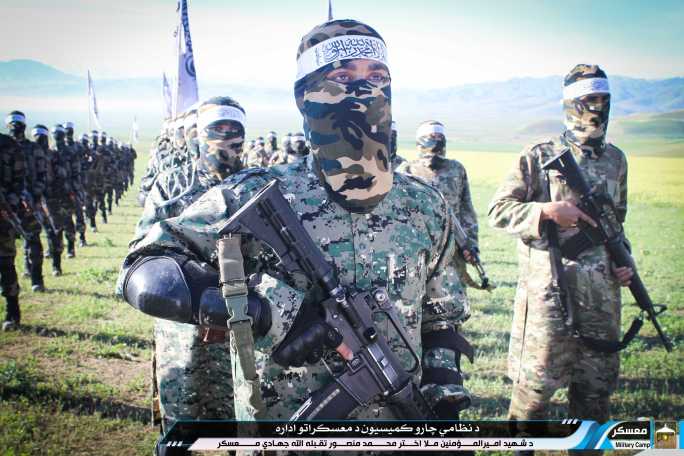
On Feb. 2, Bill Roggio testified before the House Committee on Homeland Security at a hearing titled, “The Dynamic Terrorism Landscape and What It Means for America.” His testimony focused on the state of Al Qaeda, the Islamic State, the fall of Afghanistan to the Taliban, state sponsors of terrorism such as Iran and Pakistan, and the growing threat of global jihadism.
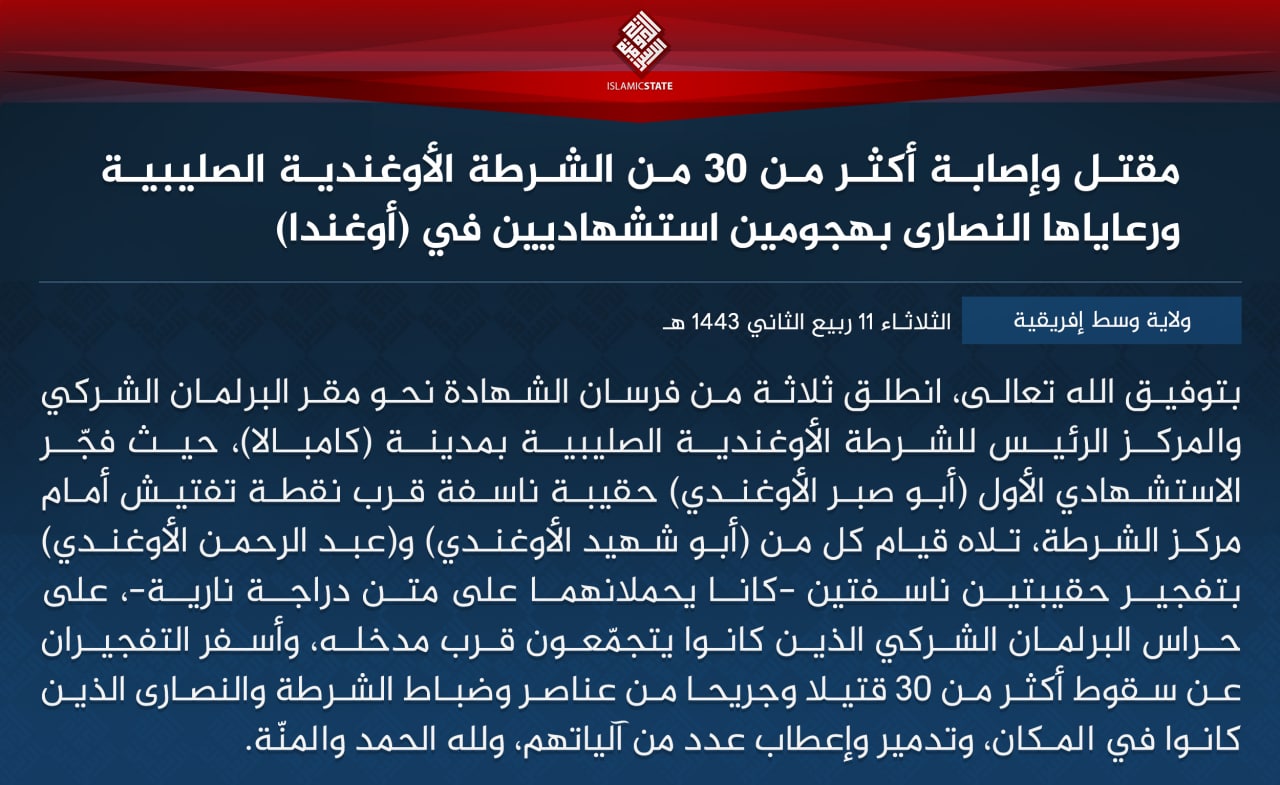
The Islamic State has claimed a series of bombings, including suicide bombings, inside Uganda over the past month. This represents a significant shift in the overall threat from the Islamic State’s wing based in the DRC.
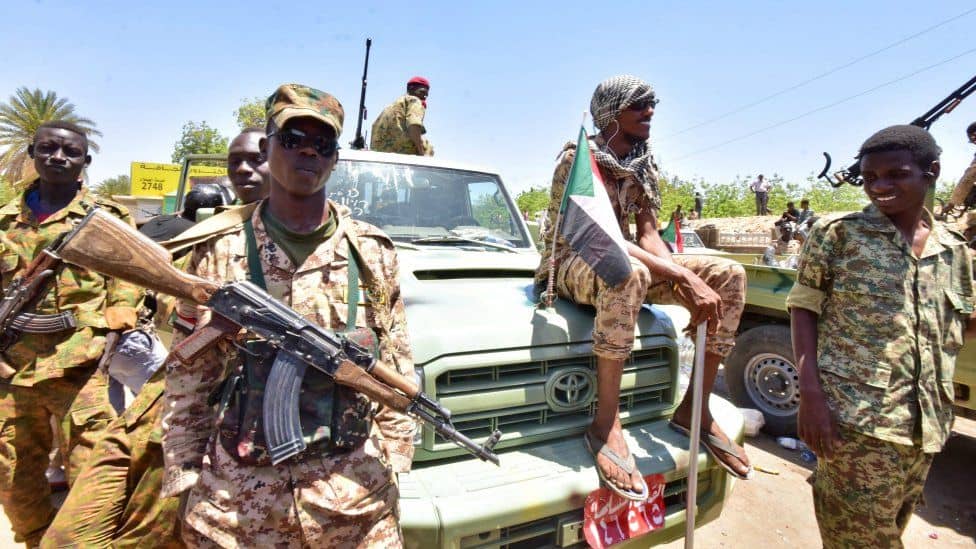
Sudan’s intelligence service has reported three raids on suspected Islamic State cells in Khartoum in the last week. However, details remain murky surrounding the details of the Islamic State’s purported network inside Sudan.
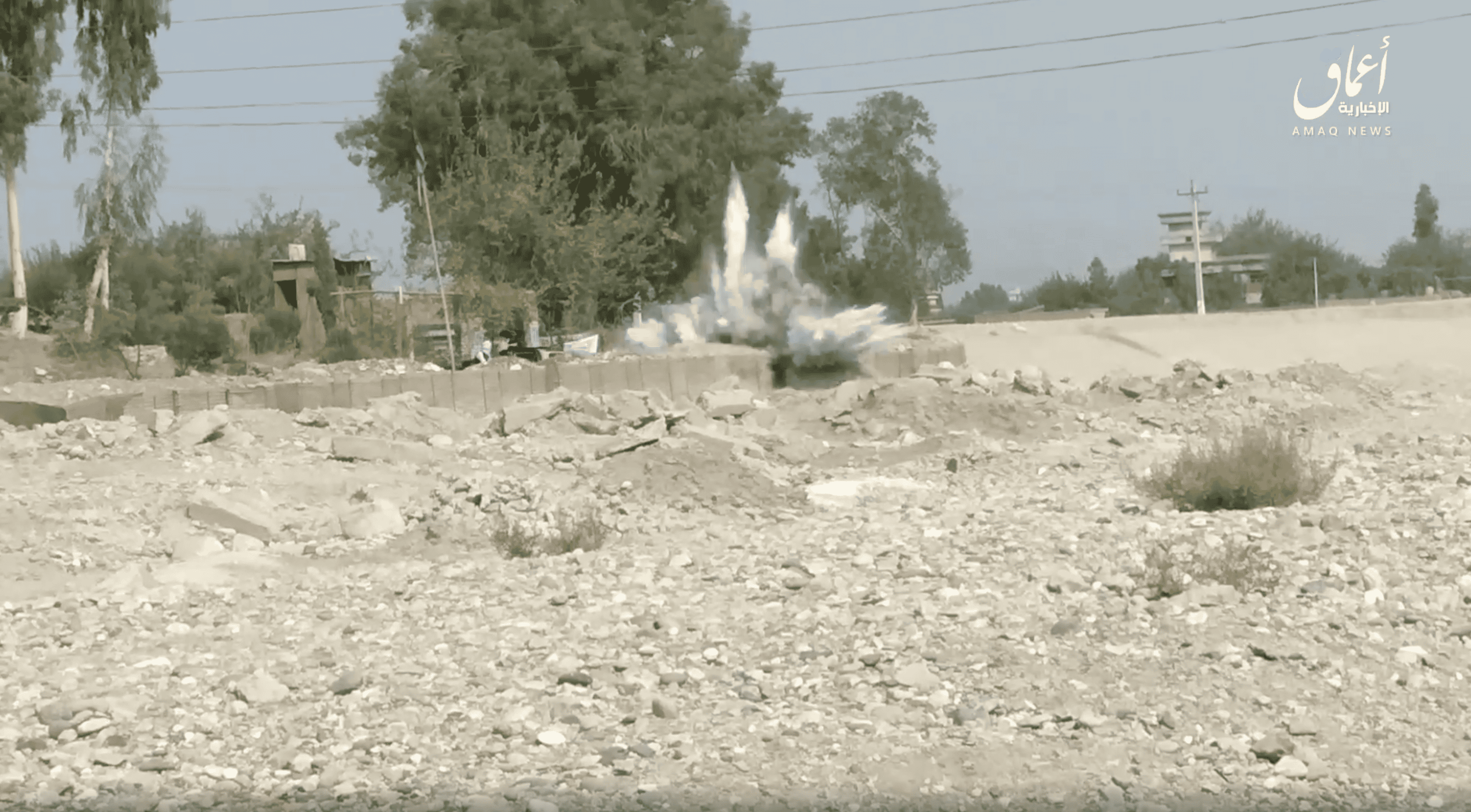
The Islamic State claims to have attacked multiple Taliban personnel and vehicles across the city of Jalalabad on Sept. 18 and 19.
While most of the Islamic State’s operations have been based inside Beni territory of Congo’s North Kivu Province, it has steadily expanded into neighboring Ituri Province since June.
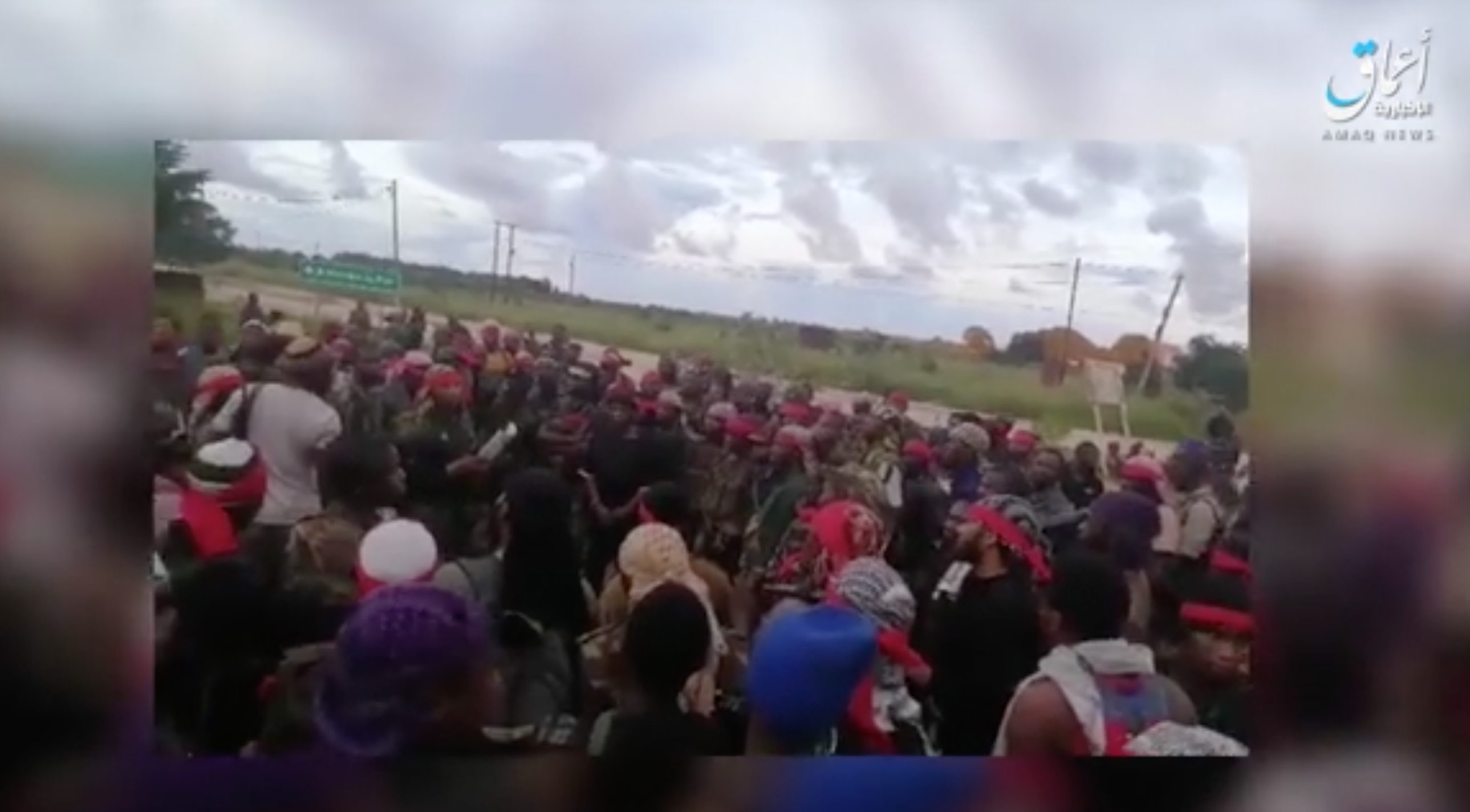
Mozambique, however, claims the fighting is still ongoing for control over the city. If its capture is confirmed, this is the second major town to fall under the control of the Islamic State’s local wing.
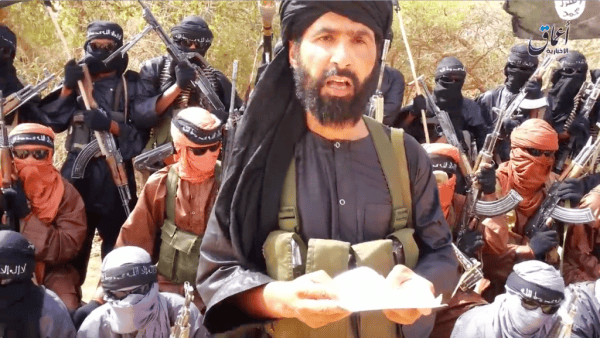
Almost 300 people have been killed in a series of mass killings in Niger and on a military position inside Mali. The Islamic State has officially claimed just one of the attacks, but it is believed to have carried out all of the massacres.

Both wings collectively represent the Islamic State’s Central African Province, which the UN recently noted as one of the Islamic State’s most ‘dependable’ affiliates.

In an interview with the Islamic State’s Al-Naba newsletter, Abu Walid al-Sahrawi, the leader of the Islamic State in the Greater Sahara, attempts to paint al Qaeda’s efforts in the region as rife with internal squabbles and disunity.
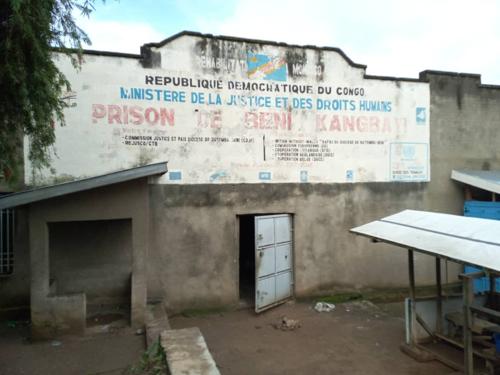
At least 1,300 inmates were freed in an operation conducted by the Allied Democratic Forces, the Islamic State’s local affiliate.

Edmund Fitton-Brown joins hosts Tom Joscelyn and Bill Roggio to discuss his work for the United Nations Security Council.

The Islamic State has claimed responsibility for a prison assault in the eastern Afghan city of Jalalabad. The facility reportedly holds about 1,500 inmates. It’s not clear how many were freed.
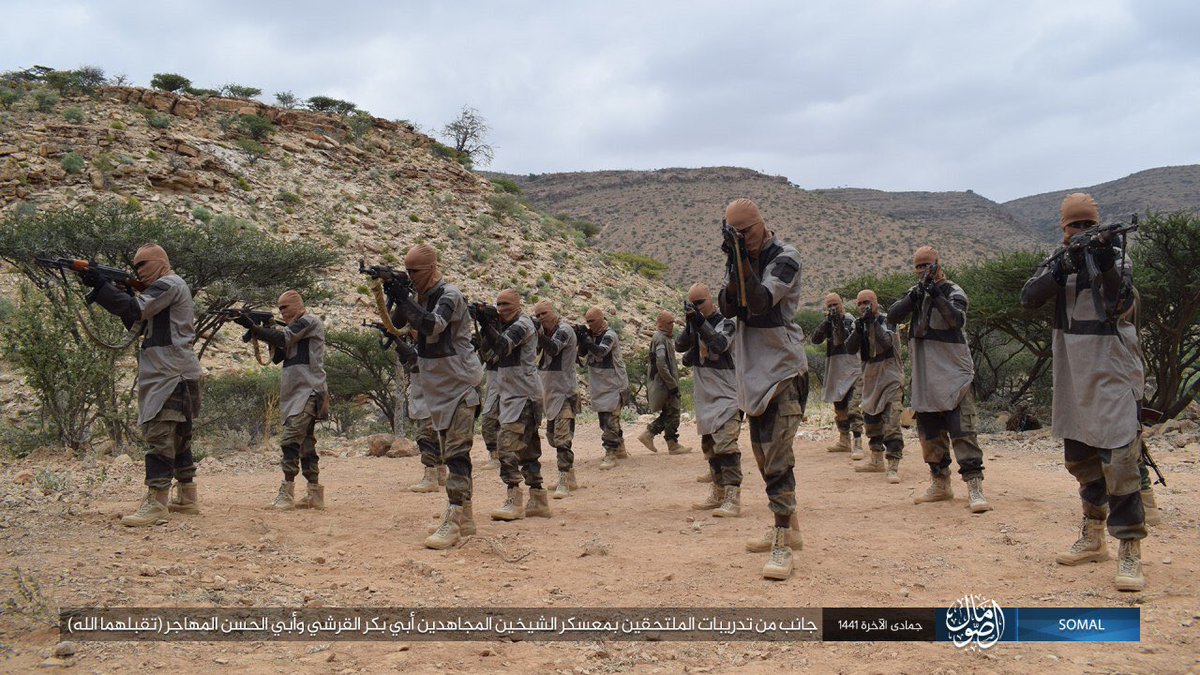
Yesterday’s drone strike was the first US airstrike on the Islamic State in Somalia this year.
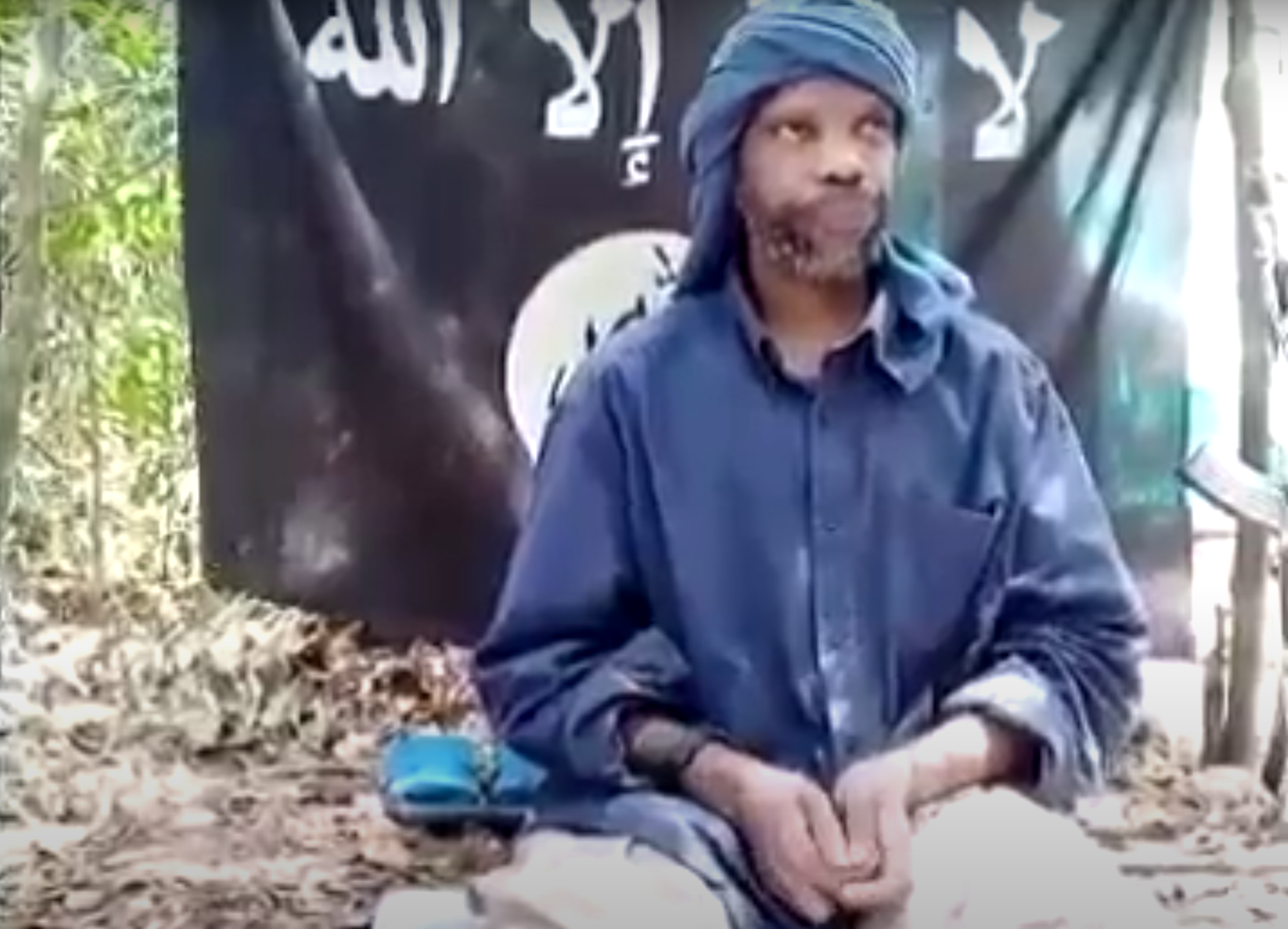
The Islamic State’s Central African Province in the Democratic Republic of the Congo has seen a rapid expansion in claimed activity in recent months. At the same time, it has tried to exploit the global coronavirus pandemic to recruit individuals.
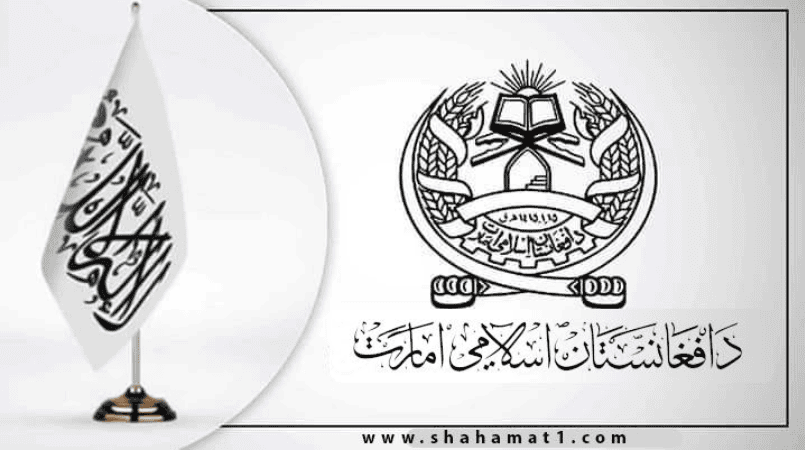
The Taliban’s statement should raise deep concerns with U.S. officials about the group’s reliability to be an effective counterterrorism partner against Al Qaeda and other terror groups.

The month of May saw a relative spike in Islamic State claims inside Somalia compared to earlier months. However, this comes in the backdrop of several Puntland security operations against it.